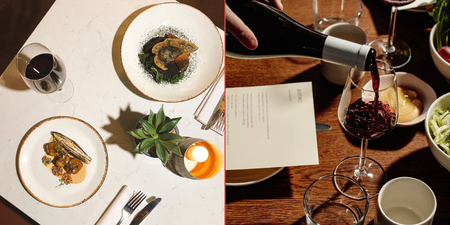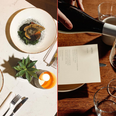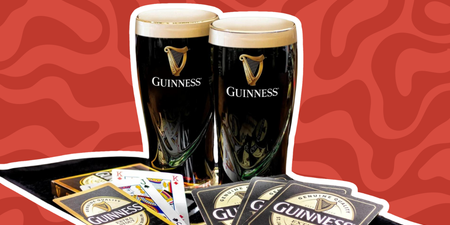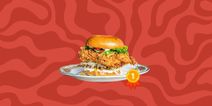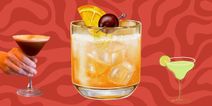For years and years, my table manners were atrocious.
My party trick was not eating dinner, pretending to eat or making excuses. At restaurants I always said I’d eaten earlier, or felt sick, or had to leave early. Anything to get out of ordering. If pressed, I would ask for the plainest item on the menu then eat a side salad or the garnish and leave the rest. Whether or not this was convincing was beside the point, because the problem was obvious just looking at me.
To be anorexic is to be very good at not talking about things.

I can only imagine how awkward those meals were for everyone else involved, sitting and eating dinner with a ghost. I lived that way for over a decade, from the age of eleven, to the point where it became my adult identity.
Things I remember about being anorexic: frozen hands and feet from September through to April. An almost continuous pain in my stomach. Buying fruit and vegetables day to day, and never keeping food in the house (I managed to avoid carbohydrates for a year–a year–when I first moved away for college). Being pointed at in the street by a group of French tourists on my way to lectures, one of them audibly saying ‘C’est l’anorexie‘.
Most of all I remember going to sleep at night with ringing in my ears, wondering if I’d be alive in the morning.
Those memories are stored as though under bubble wrap, mercifully blurred, becoming ever more surreal with time. I remember feeling locked into a cycle of lying to people and telling them I was healthy, or, if they wouldn’t accept this, that I was trying to get better. The longer it went on the greater the delusion became, until recovery felt like it would mean losing a part of myself.

This is what makes mental illness doubly hard to talk about: you don’t want people to think you’re ‘crazy’, and you don’t want them to know that you’ve been lying to them saying that you’re not.
It’s strange putting myself into that mindset again–I feel like these days I inhabit a different body–but I’ve been thinking a lot about it lately. Part of this comes with Christmas and all the eating it implies. This will be only my second ‘recovered’ Christmas, and it never stops feeling strange. The prospect of dinners with friends and family is quietly terrifying: excess becomes the default, every occasion merits mulled wine and mince pies, and every M&S sandwich holds the contents of a roast dinner.
In a sense it’s a time when everyone behaves oddly around food: the people who labour for hours over a turkey only to leave more than half of it as leftovers, the TV ad rhetoric of ‘treating yourself’ and pornographic close-ups of puddings. And the inevitable diet books and gym memberships we sign up to in January. It makes me very thankful we don’t celebrate Thanksgiving, too.

I was also inspired to write about all this by Bressie’s speech at the Lovin Dublin Show last week, which very eloquently addressed his own history of panic attacks and depression. It made me take stock of how back in my anorexic days I would never have dreamed I’d be writing for a food website, or that I’d be able to eat like a normal person.
Bressie’s final point, about how we need to talk more about mental health in everyday life and in the media struck a chord with me. It’s not that talking about problems will make them instantly disappear. But for me, being open with friends and family was what created the circumstances for recovery.
Mental illness thrives on distance: compulsive disorders like OCD, anorexia, bulimia and addiction breed isolation in the sufferer, making you more reliant on your own dangerous habits. Back then I believed people wanted to fatten me up, or to get in the way of my perfectionism. It was only years later I realised that those same people were trying to help me.
These days I feel like I can spot an anorexic at a hundred paces. I see them running at 7am through the streets and queuing in supermarkets to buy Diet Coke and an apple. Every time I want to approach them, to go up and hug their dismal bones and tell them life can get better. But that wouldn’t be fair: you can’t force help on someone who doesn’t want it. All you can do is tell them you’re happy to talk, whenever they’re ready, and won’t judge.

There is, as Marco Pierre White said on the night not long after Bressie’s speech, an enormous capacity among Irish people for kindness. I’ve found this to be true when talking about mental health: we’re great talkers but we can be listeners too, and this can be used for so much good when we get past outdated stigmas.
So often the premise of ‘raising awareness’ is a useless or cynical one, but in this case it absolutely helps. Talk is free, and the more we talk, the more accessible help becomes. I’m speaking from a female perspective and I recognise that not asking for help is most often connected to Irish men and their abnormally high suicide rate. But I feel like this is a universal set of problems, affecting someone everyone knows, not least in cloudy, sun-less November.
No one can abstain from food: you have to learn to deal with it, in some small way, three times a day every day for the rest of your life. I’ll never be completely normal–it’s been over ten years since I ate a pizza, and I’m still terrified of ‘full fat’ Coke–but knowing I have friends and family I can talk to makes a difference, keeping me anchored in normal life.

A week ago I went for dinner with friends. I googled the menu up ahead and worked out what would feel ‘safe’ to order, but my food arrived completely different, battered and deep fried. Pathetic as it sounds, I wanted to give up and go home right then and there.
But an amazingly kind and patient person I was with was able to guess how I felt, and offered to swap with me, and we ended up talking about our experiences of disordered eating. Everything became easier and more comfortable, and eating a meal suddenly felt normal where it usually never would.
Talking to friends can’t take the place of professional help, but it will absolutely help you work out the steps you need to take next. I realise it’s anecdotal, but if I can eat in front of other people, and write about food, and even review the odd cronut once in a while, then I feel like anything is possible.
Topics:
RELATED ARTICLES
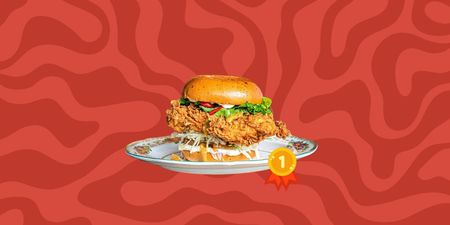
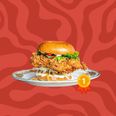
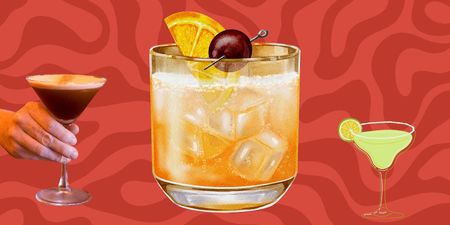



MORE FROM Lovin Dublin
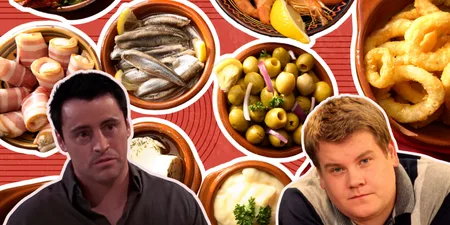
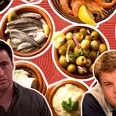
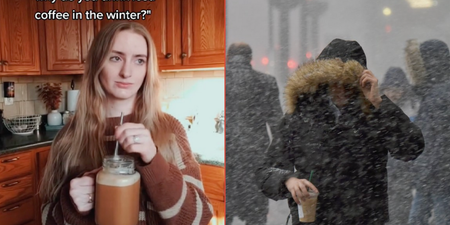
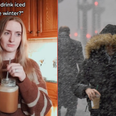
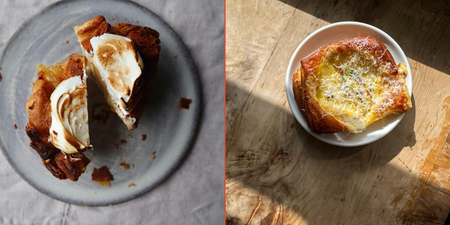
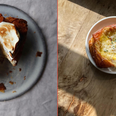
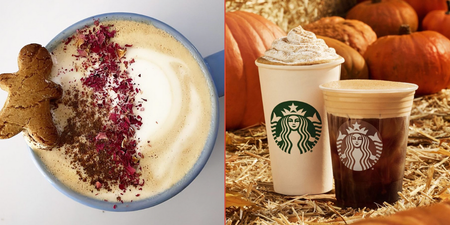

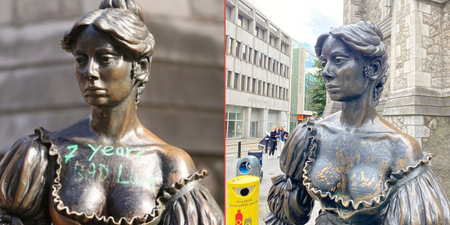

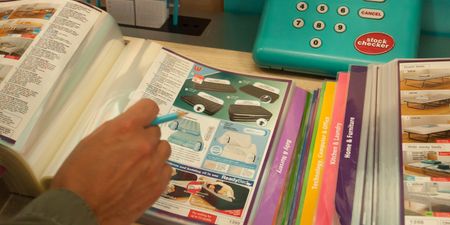



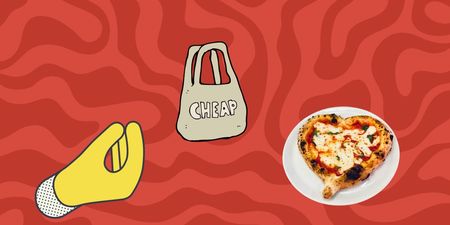
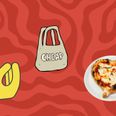
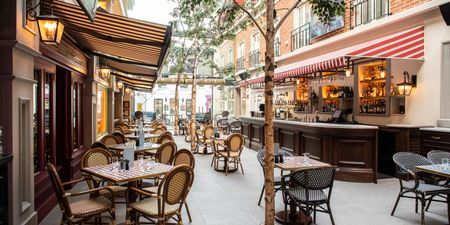

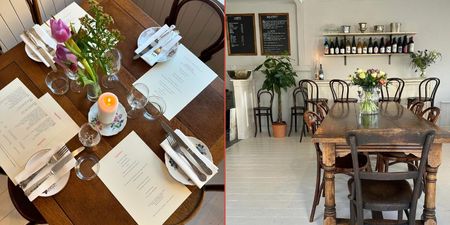



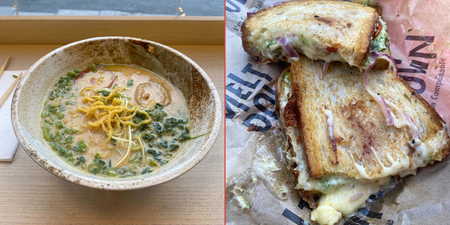
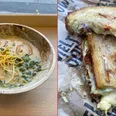
MORE FROM Lovin Dublin


